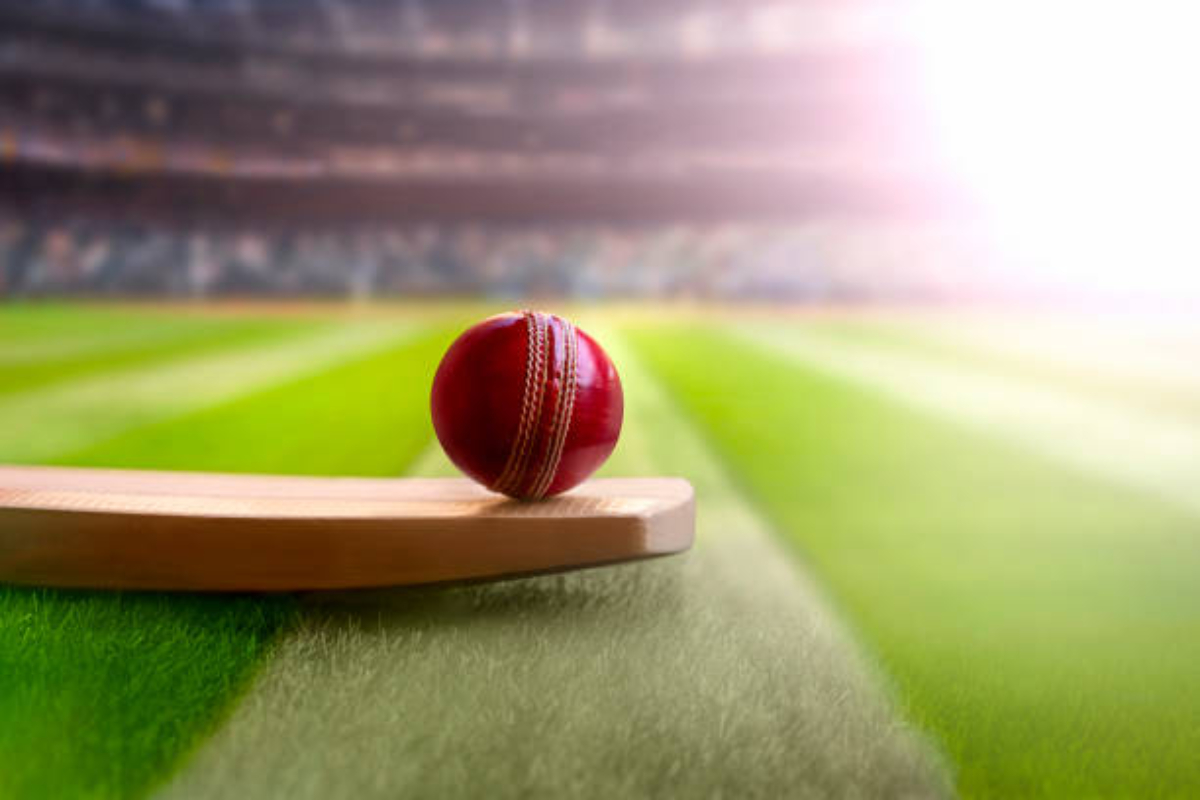Given the intellectual vacuity Twenty20 tournaments exist in, you would not really be surprised if anyone inside the bubble said Margaret Thatcher was “the other woman” in King Alfred’s life. But the assumption that cricket before it was slow as a snail probably calls for contradiction. Well might the Modern Age claim spectacular skills in alchemy or bringing the dead back to life but when the metal it handles was neither base nor devoid of qualities that suggested magical possibilities, a lot of television garrulousness and uninformed journalism could in essence be so much sawdust.
Central to the contrarian point of the view is recorded history though ~ as opposed to airy-fairy ignorance ~ which confirms that the game was not really soporific, though it would almost certainly have been noticeably short on the sound effects the Indian Premier League punctures eardrums with. Pitches were not made with hours of sweat-oozing effort in elaborate ways recommended by people relied on to make things easier for batsmen. Wickets fell rapidly more often than not. Quick, dramatic finishes were quite frequent. Centuries were hit with bats that were light in contrast to today’s heavyweight stuff, making technique important, especially on sticky wickets, the legislated-for disappearance of which robbed the game of one of its supreme spectacles when bowlers teased and tormented acknowledged batting stalwarts.
Advertisement
The point is that there were no limits placed, as today, on the number of overs to be bowled for the game to be going fast forward, performative skills achieving what is mandated for in the new age. And, of course, there were bowlers any format of today’s cricket could have done with. Sydney Barnes both swung and spun the ball, taking an amazing 189 wickets in his 27 Tests in the England cap at 16 apiece. In 1911-12, at Melbourne, “at a cost of one run, he dismissed the mass of Australia’s batting strength ~ Bardsley, Kelleway, Hill and Armstrong. When he had Minnett, his figures were 11-7-6-5.” But for Frederick Spofforth, there would be no Ashes series today. In 1882, with England needing 85 to win at Oval, the Australian took five for 12 in 11 overs to sweep his team to victory and a newspaper came out with an obituary suggesting the death of English cricket.
Hence, the Ashes. That probably was cricket at its fastest. And Antiquity never courted bits-and-pieces aspirants who would be deemed all ~ rounders today. Wilfred Rhodes was the “heaviest” wicket-taker, with 4187, in cricket’s history who also rose from No 11 to become an opener and finish with a career aggregate of 39,802 runs. Twenty20, all the geese of which are swans in garish franchise shirts, would never have









